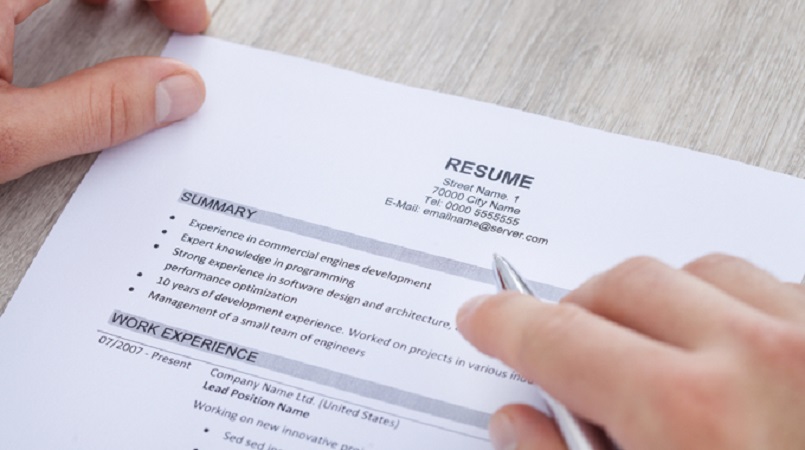
Mistakes make us human. We’re all guilty of them, but it’s time we stop making them within our resumes, job applications and interviews. Whether written or face-to-face, it’s imperative that we present the best version of ourselves.
So how do you ensure you’re being perceived the way you want? Consider these simple tips to negate the most common job-seeking mistakes.
Avoid empty words. We read them, hear them, and it’s hard to avoid repeating them. Hiring managers can spot a buzzword from a mile away. The next time you want to use words like “results-driven,” “team player,” “dedicated,” “detail oriented,” and “hard worker,” try replacing them with action verbs such as “trained,” “mentored,” “managed,” or “influenced.” Why? Because hiring managers want to know what results you achieved and why you would be a great addition to their team.
Proofread once, twice and three times. Typos, spelling errors and grammatical mistakes happen in everyday communication, but even the smallest blunder can land your resume or cover letter in the recycling bin. I advise my clients to review their materials once, and walk away for 10 minutes. Then print them out to review the documents again on paper – the change of context makes a big difference. Lastly, try reading each page out loud, word by word. This proven editing technique will help you catch errors you may otherwise overlook.
Know what you’re saying. Filling airspace with “um,” “like,” or “you know” are credibility killers during telephone and in person interviews. What’s worse is that these words are often said involuntarily. The cure is simple. Try videotaping yourself while prepping for interviews or conducting practice interviews with one friend while another friend observes and then provides feedback. These activities will help you catch your likes and ums immediately, so you can eliminate them from your speech.
Combat your inner introvert. Being quiet isn’t bad, but being perceived as uninformed is. My more introverted clients often complain that it’s difficult speaking eloquently on the fly. It’s not unusual for many of us to get tongue-tied when the spotlight shines. In this case, practice is the best medicine. Develop a list of potential questions an interviewer might ask and then practice answers out loud until your delivery feels natural. Take this a step further and video chat with a family member or friend to practice your answers during mock interview sessions.
Find out where you stand with the hiring manager. You felt like the interview went well, but never heard back from the hiring manager. Don’t leave the interview with unanswered questions. Use techniques to professionally close interviews so the hiring manager will know that you want the job, and so you’ll know what he or she thought of you (and the next steps in the process). Say, “Based on my background and the skills and experience we discussed, how well do I fit the profile of the candidate for which you’re looking?” Or, “This discussion has made me even more excited about this job opportunity and I would love to be the person you hire. Is there anything else you need from me before you make a decision?” The more prepared you are, the more your confidence will shine during interviews.
By Lisa Quast, the author of Secrets of a Hiring Manager Turned Career Coach: A Foolproof Guide to Getting the Job You Want. Every Time.
